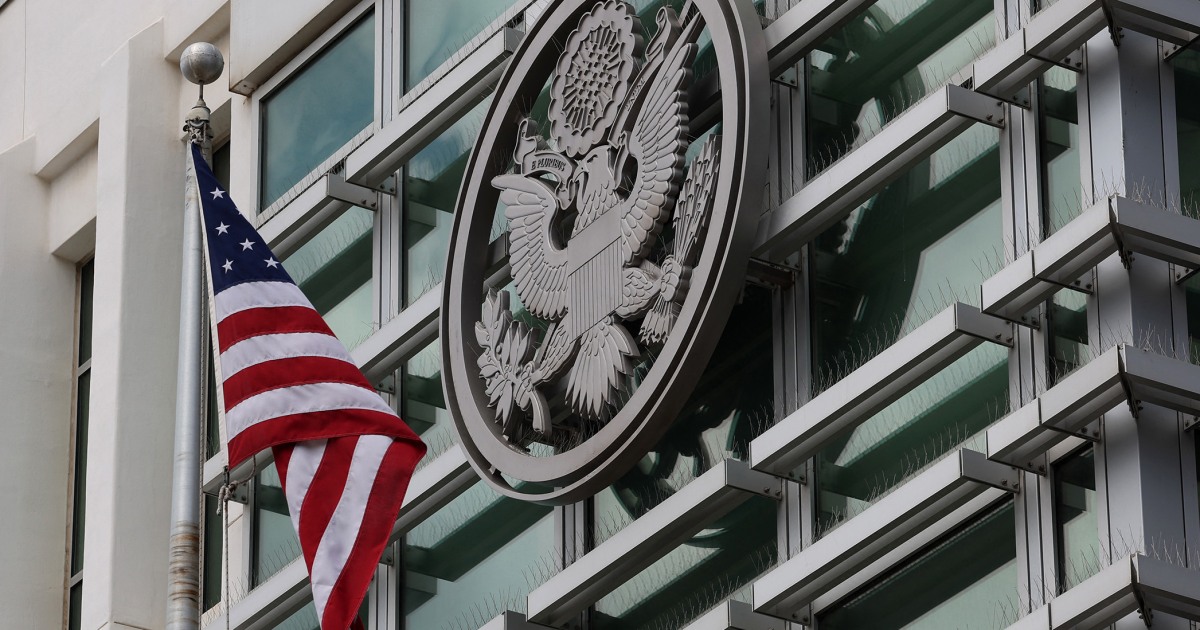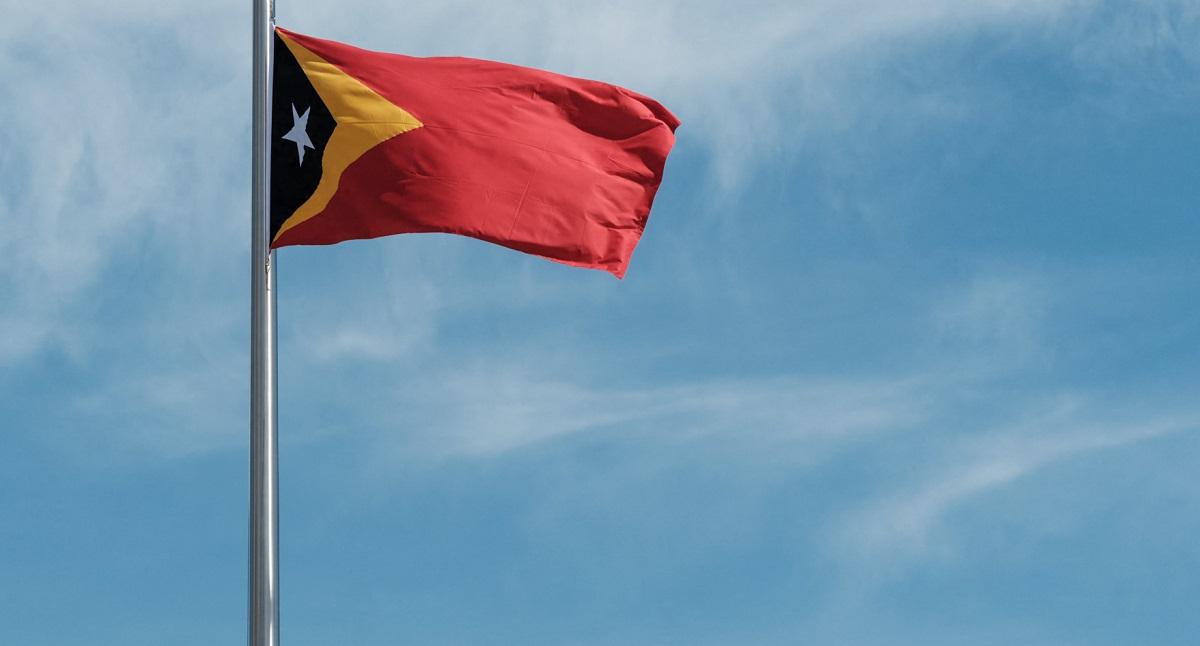Escalating Tensions: India and Pakistan Face Off Amidst Deadly Border Skirmishes

Smoke billowed through the air in Poonch district, located in the Jammu region of India, following a devastating artillery shelling incident on May 7. The aftermath was evident as a bus lay damaged on May 8, and the windows of a gurdwara were shattered, bearing witness to the violence. In addition, the temple complex in the Indian-administered town of Poonch also suffered significant damage, emphasizing the toll of the ongoing conflict.
Meanwhile, across the border in Pakistan, a critical incident occurred when the military announced on May 8 that it had successfully shot down 25 drones believed to be launched from India. This announcement came just one day after the most severe violence between the two nuclear-capable nations in two decades, raising alarms in the international community.
Pakistani Prime Minister Shehbaz Sharif made a bold vow of retaliation after India executed deadly missile strikes in the early hours of May 7, which escalated an already volatile situation characterized by days of gunfire exchanged along the border.
Reports indicate that at least 45 individuals lost their lives due to the violence on May 7, with casualties on both sides, including innocent children caught in the crossfire. The Pakistani military stated that it had intercepted and shot down “25 Israeli-made Harop drones” in various locations throughout the country. Military spokesman Ahmed Sharif Chaudhry provided additional details, explaining that one drone had targeted a military site near Lahore, resulting in injuries to four Pakistani soldiers.
In the wake of these drone incidents, one civilian was killed, and another was injured in Sindh province, leading to crowds gathering at crash sites, some alarmingly close to military installations. Witnesses reported hearing loud blasts across Lahore, signifying the intensity of the clashes.
Conversely, the Indian Defence Ministry reported that Pakistan had attempted to engage multiple military targets in northern and western India during the night of May 7 into May 8. India's air defense systems were reportedly effective in neutralizing these threats. Following these engagements, Indian forces retaliated on May 8 by targeting air defense radars and systems across several sites in Pakistan, asserting that their response was proportionate to the aggression faced.
The situation has further heated up as Pakistan intensified its artillery fire across the de facto border, known as the Line of Control in Kashmir. This resulted in the tragic deaths of 16 people, including five children and three women, on the Indian side, as per local government statements.
Amidst these hostilities, the Civil Aviation Authority of Pakistan announced a temporary closure of Karachi airport until the late afternoon, while operations at airports in Islamabad and Lahore were briefly halted for security reasons.
The long-standing conflict over Kashmir, a Muslim-majority territory claimed in full by both countries but divided between them, has led to multiple wars and continues to fuel tensions. In a passionate address to the nation, Prime Minister Sharif emphasized, “We will avenge each drop of the blood of these martyrs,” reflecting the gravity of the situation.
Following the missile strikes on May 7, Indian Defence Minister Rajnath Singh asserted that New Delhi reserves the “right to respond,” linking the recent aggression to a previous attack on tourists in Pahalgam, Kashmir, which had left 26 people dead, primarily targeting Hindu men. New Delhi held the Pakistan-based organization Lashkar-e-Taiba responsible for that attack, leading to an escalation of threats and a breakdown in diplomatic relations.
Pakistan has staunchly denied any involvement in the Pahalgam incident, instead calling for an independent investigation into the attack. The Indian government claimed to have eliminated nine “terrorist camps” in Pakistan through “focused, measured and non-escalatory strikes” on May 7, while Islamabad reported that Indian actions had led to the deaths of 31 civilians due to cross-border firing.
India, on the other hand, reported that 13 civilians and one soldier fell victim to fire from Pakistani military forces. Pakistan also alleged the downing of five Indian fighter jets during the conflict, a claim that India has yet to officially acknowledge, with an anonymous senior Indian security source indicating that three fighter jets had crashed within Indian territory instead.
One of the most significant strikes by India targeted an Islamic seminary near Bahawalpur, Pakistan, which the military claimed resulted in the deaths of 13 individuals. Muhammad Riaz, a resident of Muzaffarabad in Pakistan-administered Kashmir, shared the harrowing experience of his family becoming homeless due to Indian airstrikes. “There is no place to live,” he lamented, expressing the despair of having nowhere to turn.
On the Indian side of the conflict, a local resident, Madasar Choudhary, recounted a heartbreaking story of loss when his sister witnessed two children perish in Poonch amidst the shelling. “She screamed for them to get back inside,” he recalled. “But shrapnel hit the children – and they eventually died,” highlighting the tragic human cost of this escalating conflict.
As May 8 unfolded, India braced itself for the anticipated retaliation from Pakistan in light of the escalating tensions. An editorial from the Indian Express noted that “there is no reason to believe that the Pakistan Army has been chastened by the Indian airstrikes,” and experts within India’s military community are aware that Pakistan's armed forces should not be underestimated.
The Hindu newspaper conveyed a sense of urgency with its headline, stating that “Border districts are on high alert” and emphasizing the need for India to prepare for potential escalatory actions from Pakistan. Diplomatic channels have been engaged as leaders from around the world have urged both nations to de-escalate the situation and avoid further conflict.
US President Donald Trump expressed his desire for peace, stating on May 7, “I want to see them stop,” reflecting the international concern surrounding the escalating situation. Additionally, Iranian Foreign Minister Abbas Araghchi's meetings with Indian officials in the coming days signal efforts at mediation, following his recent visit to Pakistan aimed at fostering dialogue.
Experts anticipate that Pakistan will conduct retaliatory strikes to maintain its image both domestically and internationally. Dr. Happymon Jacob from the Council for Strategic and Defence Research in New Delhi stated, “India’s limited objectives are met,” while predicting that Pakistan's response will likely involve some form of retaliatory action, which could result in extended exchanges of long-range gunfire or missile launches across their shared border.
As the situation develops, the global community watches with bated breath, hoping for a resolution to a conflict that has persisted for decades, leading to untold human suffering and instability in the region.



























